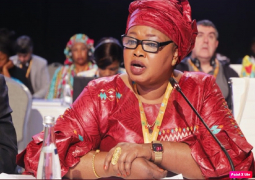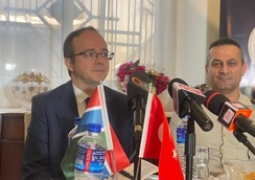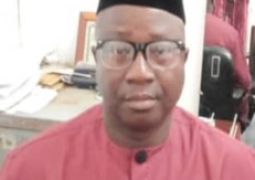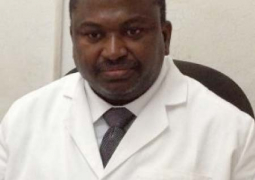
The event, hosted at the National Accreditation and Quality Assurance Authority (NAQAA) conference hall, was themed “Understanding the Role and Good Practices of University Governing Councils.”
Minister Gomez commended NAQAA and participants for recognising the urgent need for dialogue on university governance. He described university governance as a matter of strategic national importance, particularly at a time when higher education in The Gambia is undergoing rapid transformation.
“The current landscape of higher education is changing fast,” he noted. “We are confronted with increasing student numbers and shrinking financial resources, while also being called upon to deliver education that is more relevant, higher in quality, and more accountable.”
Against this backdrop, Minister Gomez emphasised that university governing councils must go beyond symbolic roles. Instead, they should offer informed, ethical, and strategic leadership, striking a balance between institutional autonomy and accountability. He stressed that these councils must act as engines of direction and oversight, ensuring that universities are guided by long-term vision and operational independence, while remaining aligned with national priorities.
He highlighted examples of effective governance practices emerging across the region through quality assurance reviews and institutional assessments.
According to the Minister, the most impactful councils are those that give more than they take in leveraging their members’ networks, expertise, and influence to help universities mobilise resources, forge partnerships, and open up pathways for institutional development. They also uphold principles of transparency and due process, ensuring decisions around procurement, staffing, and administration are guided by fairness, consistency, and legal compliance.
Gomez outlined several principles he believes should form the backbone of university governance. Foremost among them is respect for academic freedom. Councils, he said, must protect the independence of academic decision-making while ensuring that such decisions are aligned with strategic goals and subject to appropriate checks and balances. He also advocated for stronger performance oversight, urging councils to set measurable targets and conduct regular evaluations of both academic and managerial outcomes to drive continuous improvement.
Moreover, the Minister emphasised the need to prioritise academic investment, calling for budgetary decisions that place teaching, learning, and research at the core of institutional funding. He encouraged governing councils to proactively engage with industry stakeholders, international bodies, alumni networks, and development partners in order to enhance the reach and relevance of higher education institutions.
“In the end,” he said, “the credibility and impact of any governing council depend on the integrity, confidentiality, and public service commitment of its members.”
Concluding his address, Minister Gomez reminded participants that the future of The Gambia’s universities and, by extension, the future of the country itself rests on the quality of leadership provided by governing councils. He described the workshop as a timely moment for reflection, recalibration, and recommitment to the principles of good governance.
“As you reflect on your responsibilities,” he urged, “I encourage you to build not just institutions of policies and structures, but of excellence, equity, and lasting impact. Our youth the next generation of engineers, scientists, educators, entrepreneurs, and leaders are depending on us to get this right.”





